Impact of HIPAA Guidelines and Penalties on Healthcare Industry
VerifiedAdded on 2022/11/19
|5
|696
|288
Report
AI Summary
This report examines the Health Insurance Portability and Accountability Act (HIPAA) of 1996, focusing on its guidelines, benefits, and the penalties for non-compliance. The report highlights HIPAA's role in protecting patient health information and ensuring data security within the healthcare industry. It discusses the benefits of HIPAA, such as the transition to electronic records and improved administrative efficiency, while also outlining the challenges, including notice contents for privacy practice, security checks, and management plans. The report details the US codes related to HIPAA, the offenses that can lead to penalties, and the specific penalties imposed for various violations, ranging from unintentional breaches to knowing violations. The aim is to provide a comprehensive overview of HIPAA's impact on healthcare, emphasizing its regulatory standards and its contribution to patient satisfaction and organizational efficiency.
1 out of 5
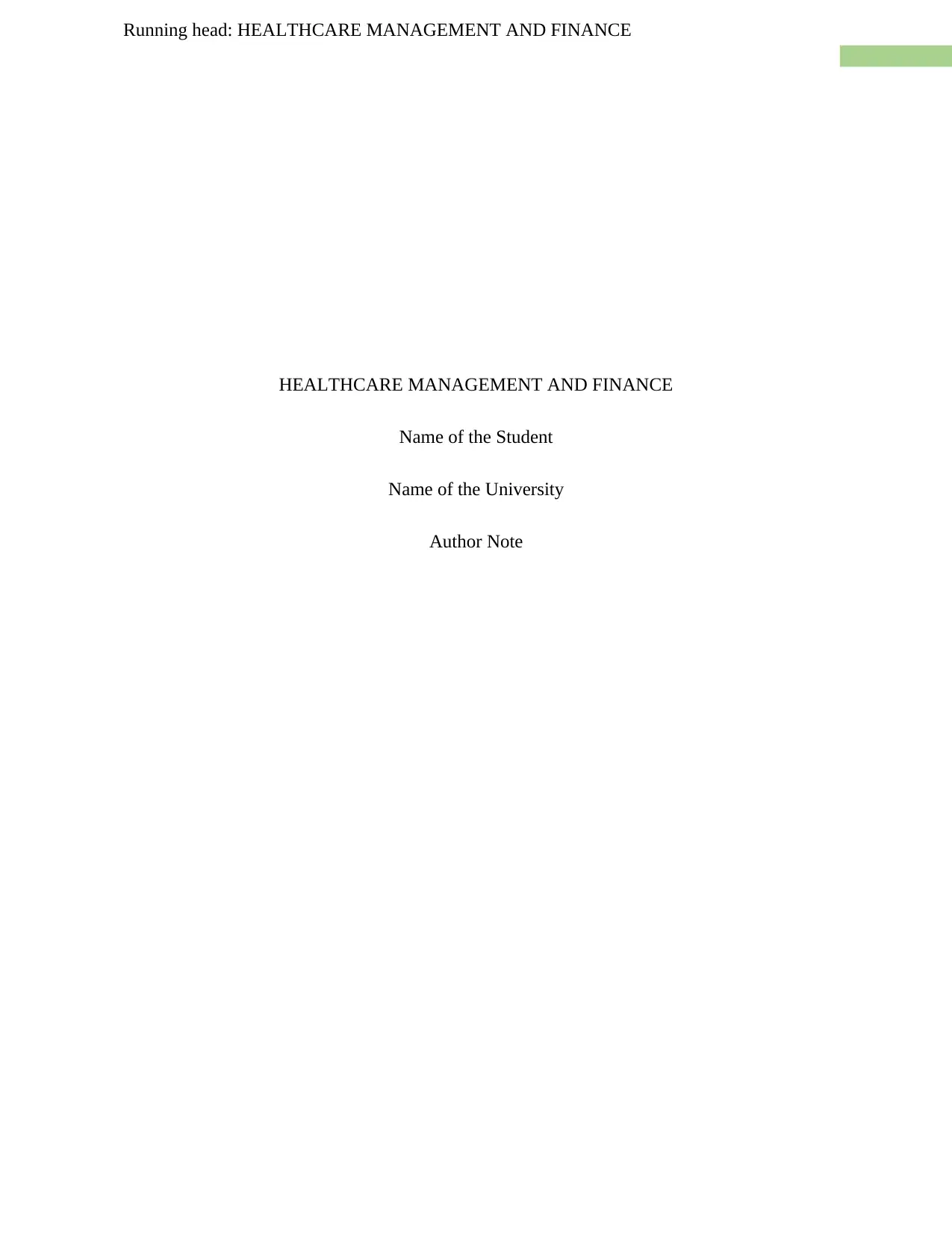
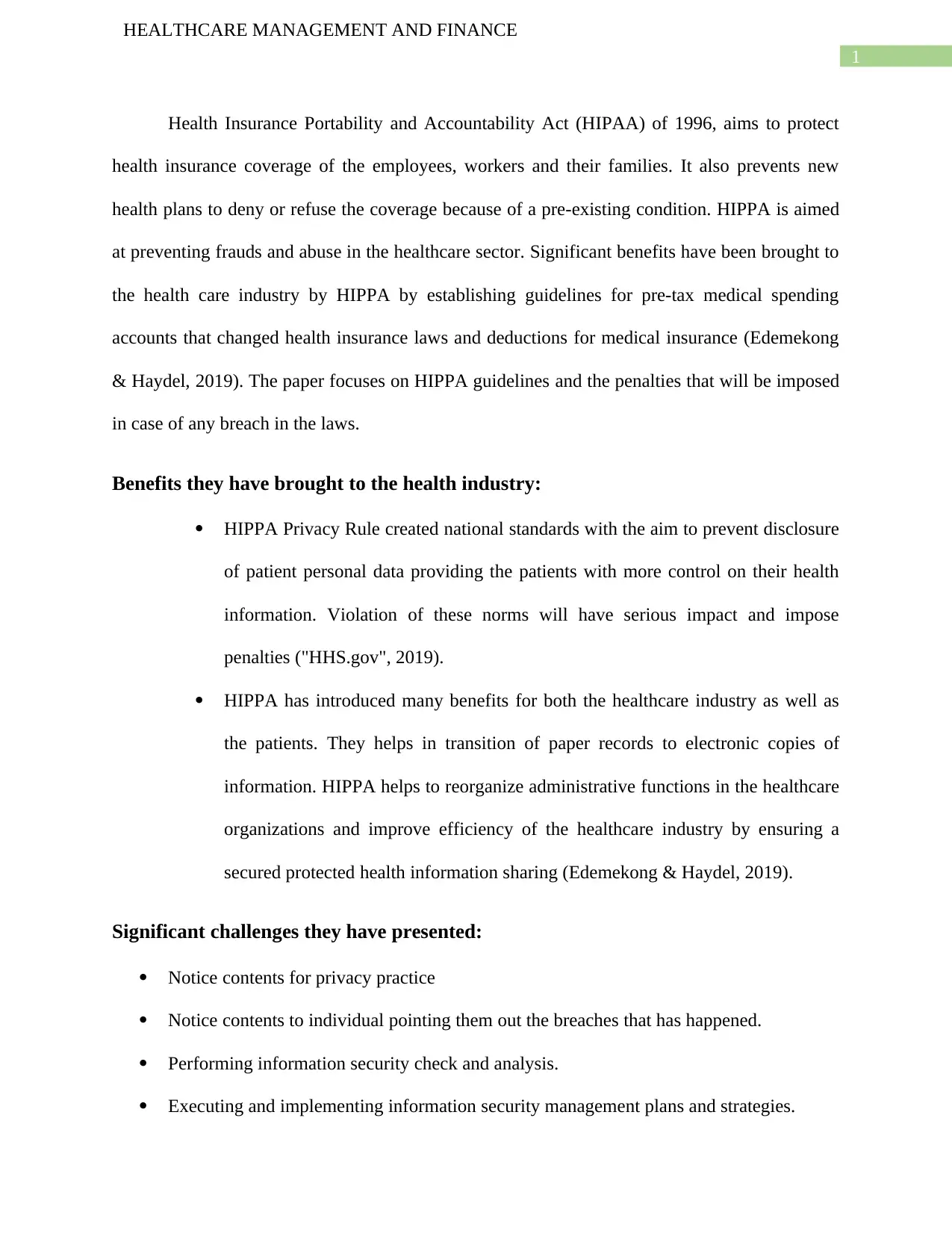
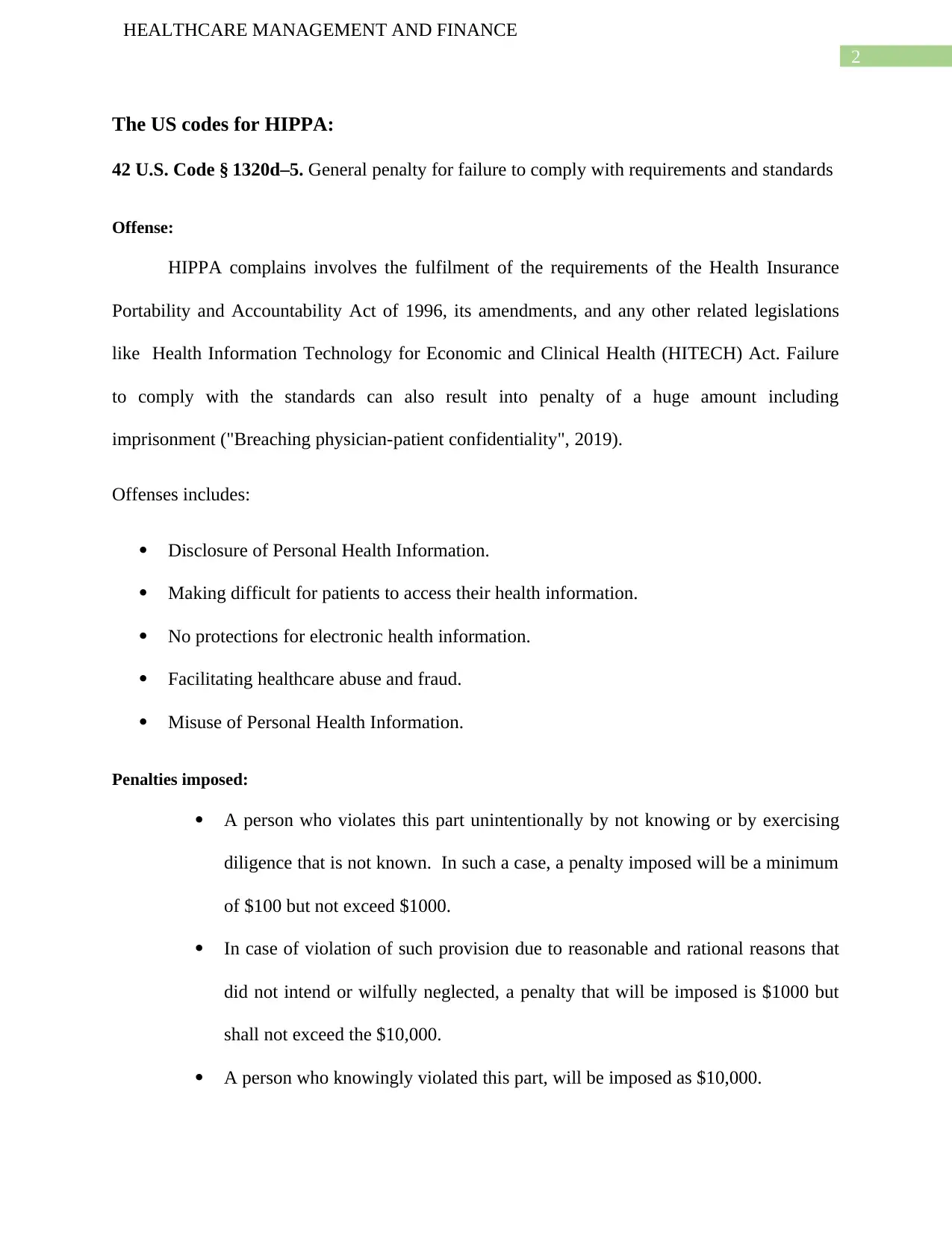

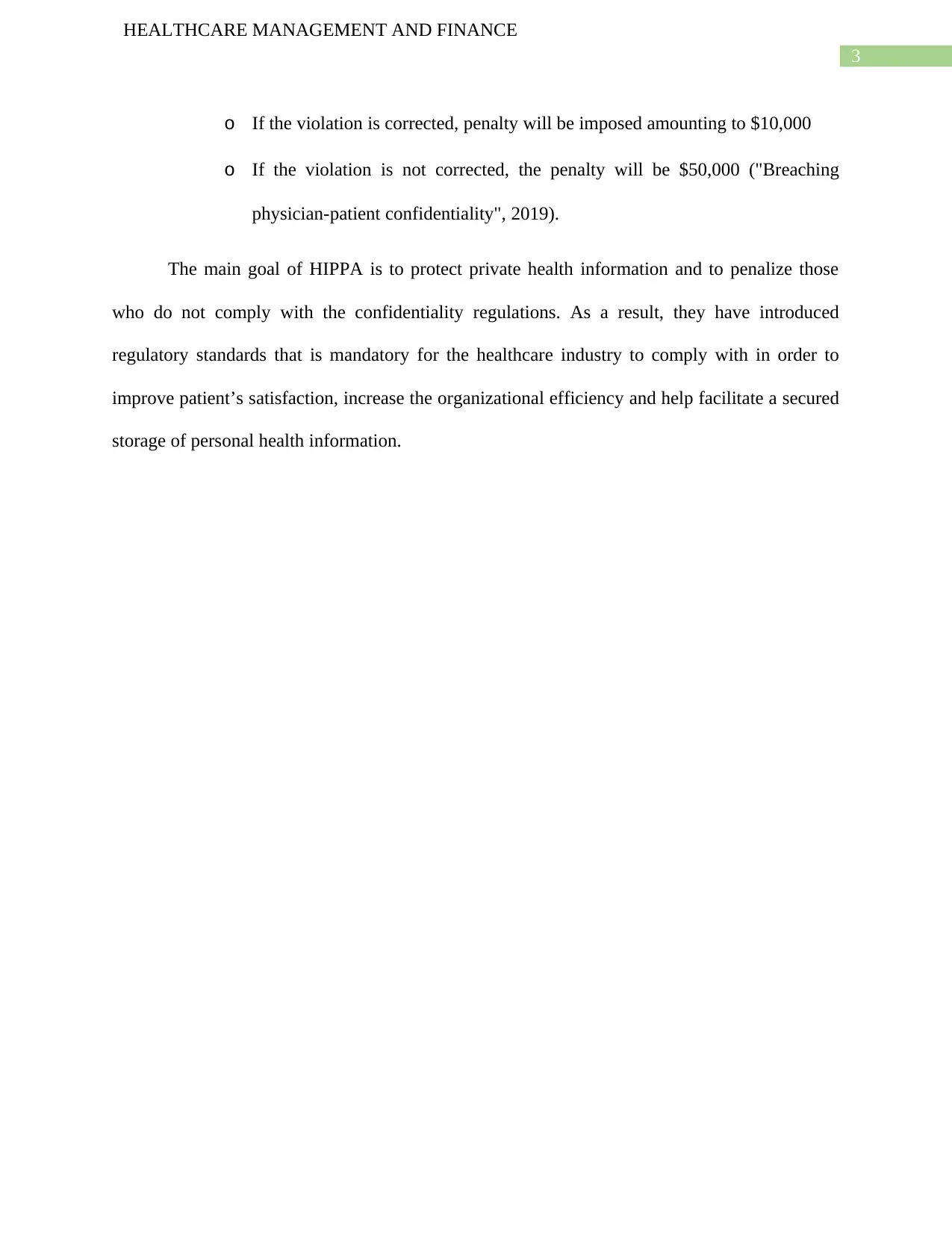
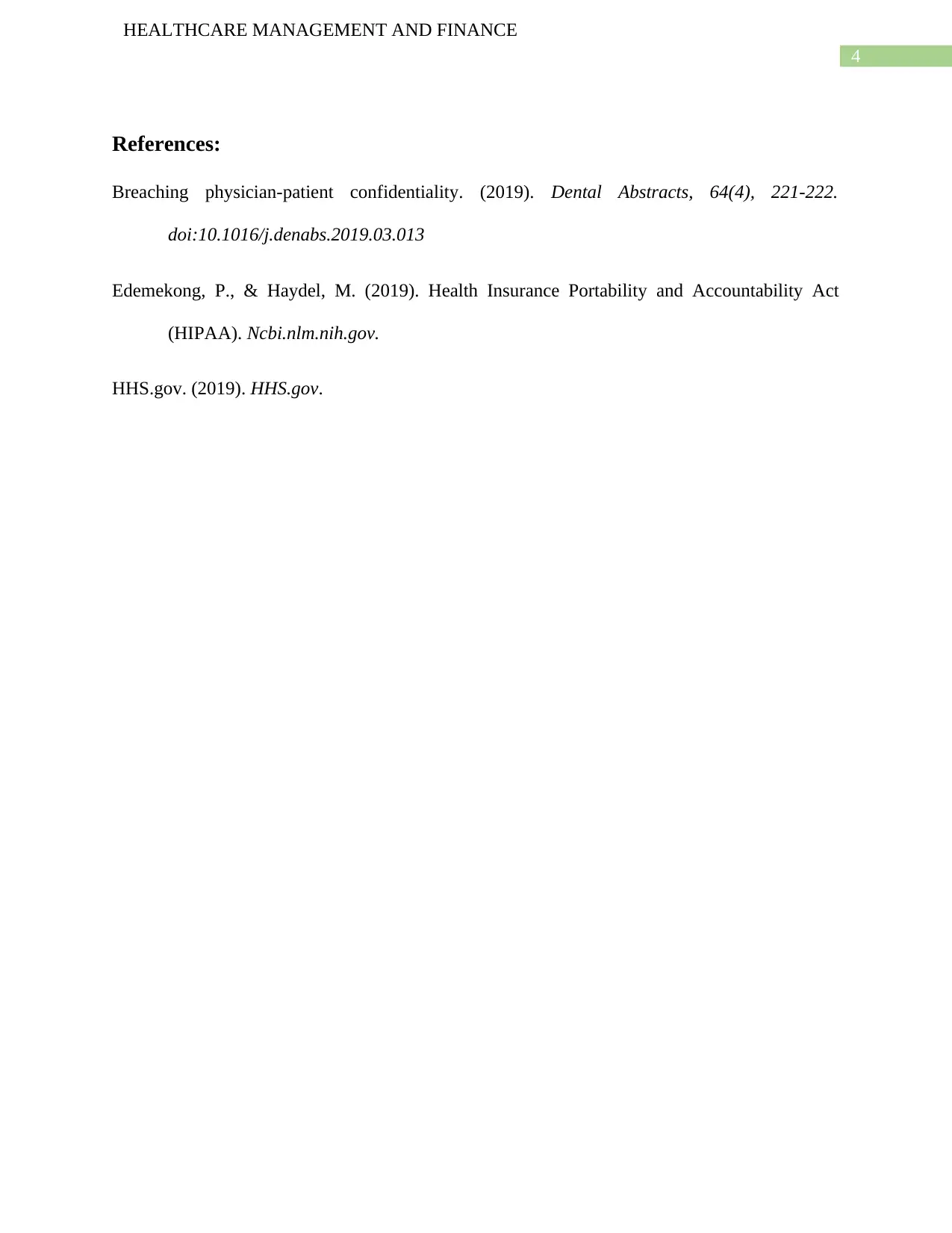






![[object Object]](/_next/static/media/star-bottom.7253800d.svg)